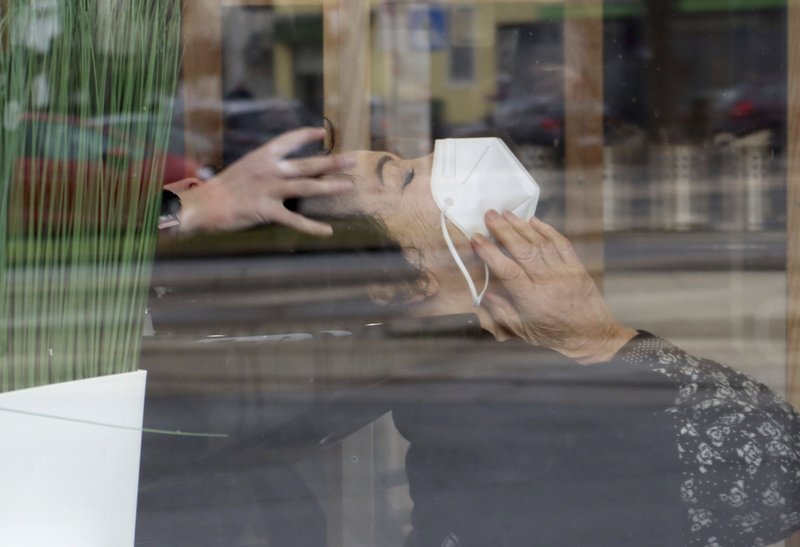

Austria on Monday issued a warning against travel to its Tyrol province amid concerns over cases of a coronavirus variant first discovered in South Africa, even as the country eased its third lockdown by reopening schools, shops, hairdressing salons, museums and zoos.
Officials have been discussing for days whether extra restrictions are required in Tyrol, a popular skiing destination. Federal authorities say 293 infections with the more contagious variant first discovered in South Africa have been confirmed in Tyrol.
The regional government on Monday drew up a list of measures that included calls for people to avoid nonessential travel, more police checks on mask-wearing and social distancing, and a requirement for negative antigen tests before people can use cable cars and ski lifts.
A little later, the federal government urged Austrians to refrain from nonessential travel to Tyrol, which borders Germany, Italy and Switzerland. It called on people who have been in the region in the past two weeks to get tested and for those planning to travel from Tyrol to other Austrian regions to be tested before they set off.
“Everything must be done to prevent these (virus) mutations spreading ever further,” Chancellor Sebastian Kurz said.-
Austria’s overall relaxation of restrictions is far from complete. People going to the hairdresser will need to show a negative test result that is at most 48 hours old. In shops, customers have to wear full protective masks rather than just fabric face coverings.
Restaurants and hotels remain closed, and authorities say they won’t reopen this month. Border checks are in place, with new arrivals required to quarantine for 10 days.
Austria’s lockdown had been in place since Dec. 26. While the government has said that Austria needs to get as close as possible to an infection level of 50 new cases per 100,000 residents over seven days, the figure is still considerably higher — currently 104.
The government’s decision to go ahead with relaxing restrictions has drawn criticism, with the opposition leader arguing that reopening more than schools is a significant risk.